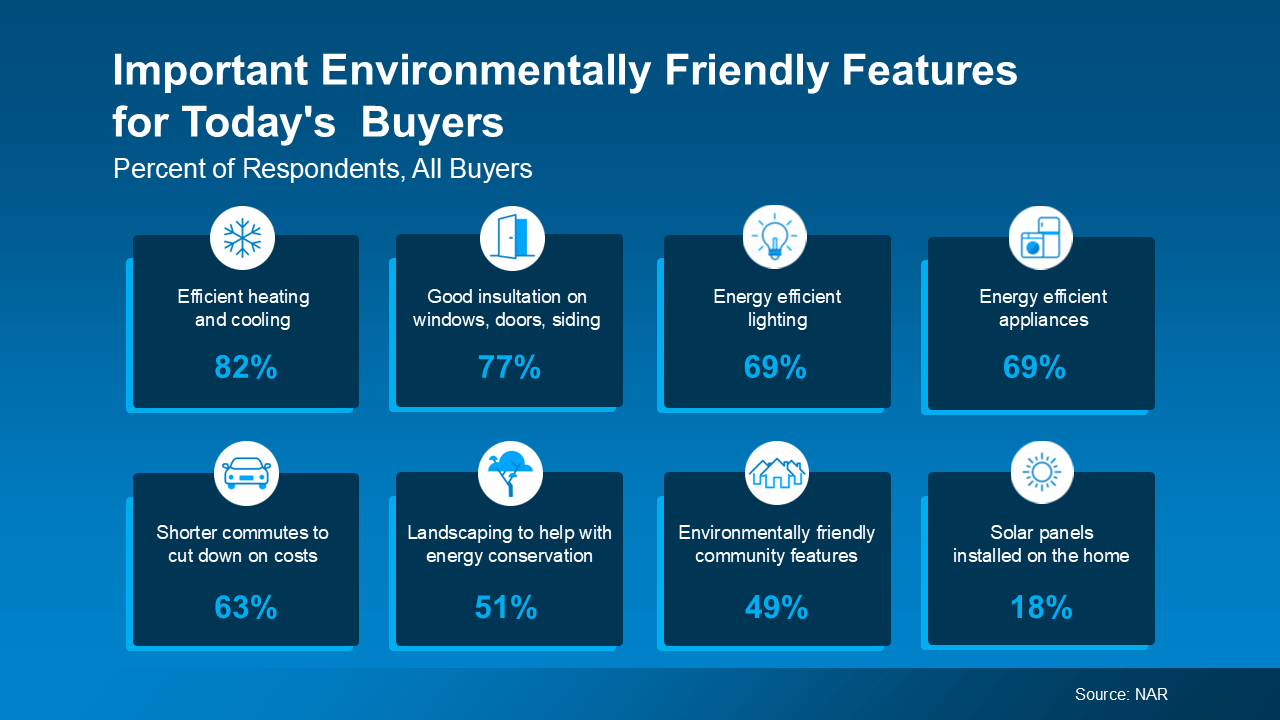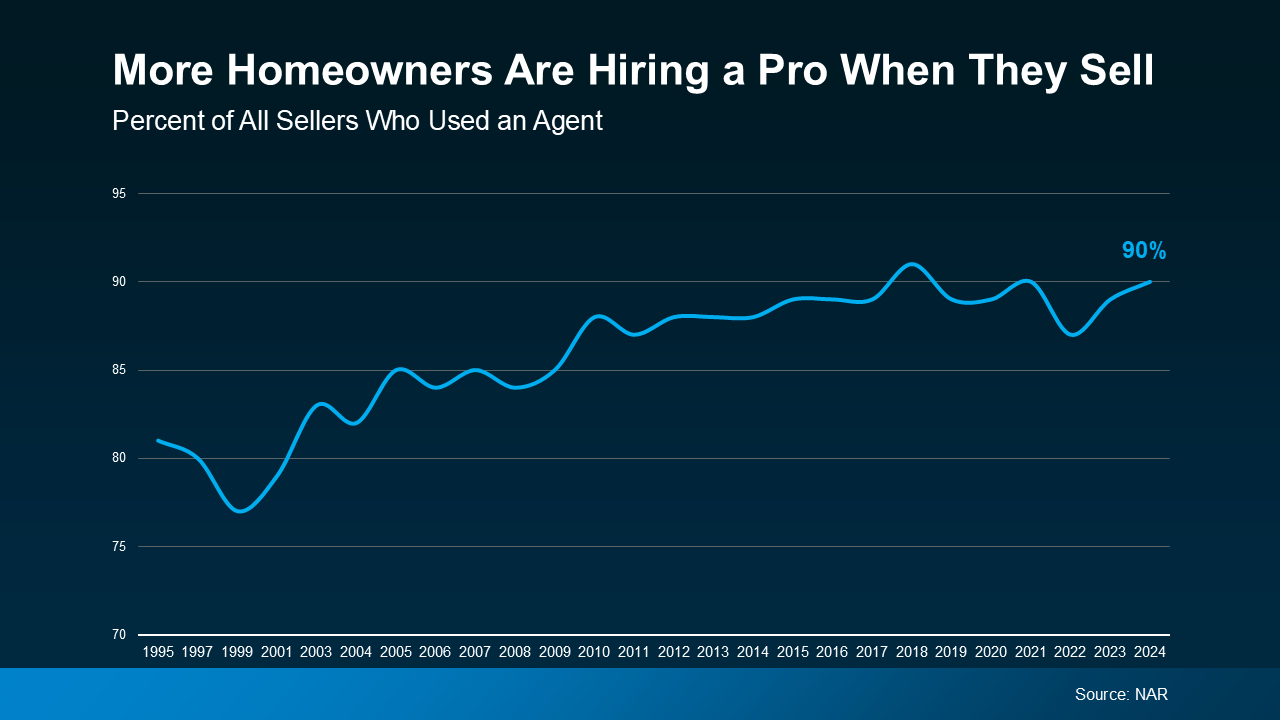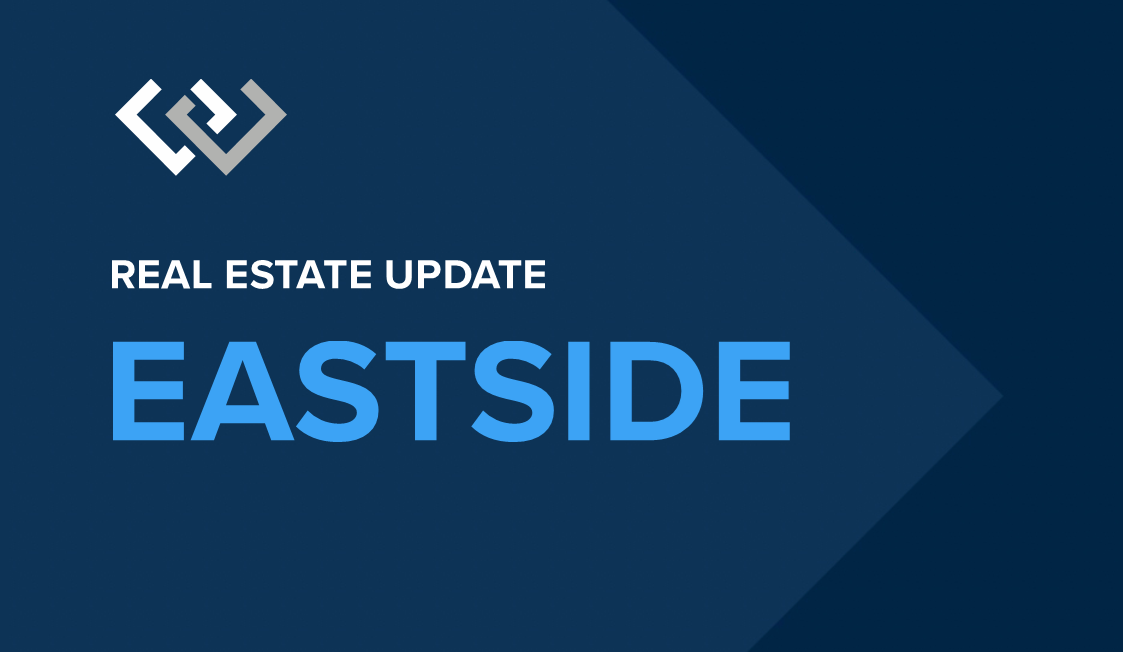Initially, I wasn’t interested in December’s stats, as it really doesn’t tell much of a story (fourth quarter, in general, tends to be wonky), but I was intrigued by the data. First, we saw a month-over-month appreciation in December, and even though I felt it in the market (meaning buyers were gobbling up anything worth buying), I was still surprised. Then I looked at historical data, and sure enough, December closed sales usually are a tad higher than the month before (now I know). Second, inventory feels low, but it’s 22% higher than last year, so that surprised me as well. Interest rates are at the highest they have been in 7 months. The combination of higher rates and higher inventory might mean the market won’t be as bullish as I expected. That said, inventory is still low with only 1.6 months and rates aren’t that much higher (0.25 basis points higher, which is something, but not dramatic), so who knows. Time will tell.
Home Staging FAQ: What You Need To Know

You may have heard that staging your home properly can make a big difference when you sell your house, but what exactly is home staging, and is it really worth your time and effort?
Here are a few quick FAQs that can help you decide how much you should prioritize staging as you prep for your move.
What Is Home Staging?
Staging is the process of arranging and decorating your house to highlight its best features and make it as appealing as possible to potential buyers. It can range from simple touch-ups to more extensive setups, depending on your needs and budget.
How Does It Help Me Sell My House?
Studies show good staging does have an impact on your sale. Staging your house well can help you attract more attention from buyers, which ultimately helps it sell faster and maybe for a higher price than an unstaged home (see visual):

What Are My Staging Options?
Now that you see the value, let’s think through your options. The most common is leaning on your agent for their expert advice. They know what buyers like because they’re in showings all the time and hear that feedback first-hand. That expertise is crucial to getting your house market-ready. Basic staging with an agent usually means they give you insight into how you should:
- Declutter and depersonalize by removing photos and personal items
- Arrange your furniture to improve the room’s flow and make it feel bigger
- Add plants, move art, or re-arrange other accessories
Full-service staging is another option if your house needs more hands-on attention. This is when you hire a staging professional or staging company to come in, make recommendations, and do the work for you. Going this route is more involved and that makes it more costly too. That’s because it can include renting furniture and decor to more fully transform a space.
How Do I Know Which One To Pick?
Not sure which one you need? You don’t have to figure that out on your own. Your real estate agent will help determine what level of staging will make the most impact on your house and market.
They can help you decide if professional staging is worth the investment, or if you can knock it out with their advice alone. And just so you know, here are some of the factors an agent will look at to figure that out:
- Market Conditions: If the market is slower, going all in on staging can make your home look move-in ready and attractive to buyers who may otherwise be hesitant. If your local market is very active and homes are selling fast, you may be able to get by with doing less.
- Your Home’s Condition: If your home is vacant or has a unique layout, using a professional stager who can bring in the right furniture and accessories may help buyers truly visualize its full potential.
- Your Budget: Talk to your agent to get an idea of staging costs in your area, as it can be the difference between your house selling and sitting. But if your budget is tight or your home only needs minor updates, your real estate agent can help you think outside of the box by suggesting simple DIY staging tips to help your home look its best.
Bottom Line
Staging your house properly can make it much more attractive to buyers, but it’s not a one-size-fits-all solution, and every home shines differently. Let’s connect to talk through what your home really needs to stand out and sell for top dollar.
New Year, New Home: How To Make It Happen in 2025

This is the time when a lot of people take a moment to reflect and set their goals for this year. And as you picture what you want your 2025 to look like, one thing that may pop into your mind is the vision of you in a new home. But how do you get there? And where do you start?
Here’s some advice that can help you get the ball rolling.
Focus on Your Why
To lay the foundation, you need to focus on your why. While the dollars and cents are important, so is the driving force behind your desire to move. Maybe you need more space for a growing family, want to sell so you can downsize, or are finally ready to buy your first home. Whatever your reason, it’s important to keep it front and center.
Your why is what helps you stay focused. Share your motivation with your agent and they’ll use their expertise to help support that goal, no matter what the market looks like. With a great agent by your side, you’ll have someone to guide you, problem-solve, and keep you moving forward until you can check that goal off your to-do list.
Get Clear on What You Need
Then it’s time to figure out what your next home needs to have. How many bedrooms do you need? If you don’t have a designated home office, is that a deal-breaker? What about a big fenced-in backyard? Knowing your must-haves and nice-to-haves makes the search a lot smoother.
Since affordability is still tight, it’s important to have a clear idea of your essential items upfront. Maybe you can flex a bit on location, if it’s got everything else you’re looking for. Go over those essential items with your agent and they’ll help you focus on the homes that check the boxes that matter most while staying within your price range.
Know Your Numbers
Before you jump in, take a look at your finances. How much have you saved? What monthly payment feels comfortable? Getting clear on your budget early will help you know what’s possible.
The best way to do this is by partnering with trusted real estate professionals, like a local agent and a lender. They’ll help you:
- Plan for your down payment and look into down payment assistance programs
- Understand the equity you have in your current home and how you can use it to fuel your next move if you’re selling
- Get pre-approved for a mortgage so you know what you can borrow
Lean on a Pro To Guide You
It can be hard to know where to start, but you don’t have to do it alone. A real estate agent knows what you need to do to get ready to buy or sell, how to navigate the process, and can answer your questions every step of the way. As Bankrate puts it:
“. . . now more than ever, it’s smart to lean on the guidance of an experienced local real estate agent. If you want to enter the housing market in 2025, whether as a buyer or a seller, let a pro lead the way for you.”
Remember, buying or selling is a big milestone and a great goal for this year. With the right expert on your team, you’ll feel confident and ready to take on the market.
Bottom Line
If buying or selling a home is part of your goals for 2025, now’s the time to get started. Focus on your why, know what you need, and connect with trusted pros to make it happen. Let’s team up and make this the year you accomplish your real estate resolutions.
How Eco-Friendly Features Can Boost Your Home’s Value

Selling your house? Or just looking to increase the value and appeal of your home for when you do? Here’s something you should know – homebuyers are increasingly looking for homes with environmentally friendly features.
What Energy Efficient Features Do Buyers Want?
According to recent data from the National Association of Realtors (NAR), when buyers think about eco-friendly features, they’re looking for (see visual below):

- Heating and cooling costs: 82% of buyers consider heating and cooling costs to be one of the most important factors when looking for a home. And efficient heating and cooling systems with programmable thermostats can significantly lower monthly energy bills.
- Windows and doors with proper insulation: These help maintain comfortable indoor temperatures without overworking the HVAC system, which turns into saving on energy bills.
- Energy-efficient lighting and appliances: These can save money on utility bills and reduce a home’s overall energy use too.
- Commuting costs and environmentally friendly community features: Living in a community designed with energy-saving amenities and shorter commutes can reduce expenses and environmental impact.
- Landscaping for energy conservation: Strategically placed trees and shrubs can lower cooling costs in the summer.
- Solar panels: Solar panels can also provide long-term savings and are an attractive feature for eco-conscious buyers.
The common theme? Environmentally friendly features are popular with buyers because they help them save money and make homes more comfortable to live in. But making some of these updates before you sell your house doesn’t just benefit buyers – it’s worthwhile for you too.
How Green Features Benefit You
If your appliances or systems are aging, upgrading them now means you can enjoy the savings and comfort while you’re still living in the home.
The U.S. Department of Energy has introduced Home Energy Rebates, which can provide households with up to $14,000 in savings on energy-efficient upgrades. This includes insulation, duct sealing, heat pumps, and more. These rebates make it more affordable than ever to improve your home’s efficiency.
Then, when you decide to sell, you’ll reap the rewards again. Energy-efficient homes stand out in a competitive market and appeal to the growing group of environmentally conscious buyers.
Studies also show that homes with energy-efficient upgrades, like those with high-efficiency HVAC systems or modern insulation, are more desirable for buyers- and they generally net a higher price. Research from Freddie Mac found that homes with high energy-efficiency ratings sold for 2.7% more on average than homes without these upgrades.
Work with a Real Estate Agent to Maximize Value
Not sure which upgrades to prioritize? That’s where a local real estate agent comes in. They can help you identify the eco-friendly features that buyers in your area value most. Whether it’s adding Energy Star appliances or improving insulation, they’ll guide you in making the best choices for your house and your budget.
Bottom Line
Making environmentally friendly upgrades can pay off in more ways than one. You can enjoy saving on energy bills and improved comfort now. Additionally, you’ll have the satisfaction of knowing you’re contributing to a more sustainable future while adding value to your home. Ready to learn more about how you can make your house stand out? Let’s connect.
Sell Your House During the Winter Sweet Spot

A lot of people assume spring is the ideal time to sell a house. And sure, buyer demand usually picks up at that time of year. But here’s the catch: so does your competition because a lot of people put their homes on the market at the same time.
So, what’s the real advantage of selling your house before spring? It’ll stand out.
Historically, the number of homes for sale tends to drop during the cooler months – and that means buyers have fewer options to choose from.
You can see how that trend played out over the past few years in this data from the National Association of Realtors (NAR). Each time, the supply of homes for sale dipped during these cooler months. And then, after each winter lull, inventory started to climb as more sellers jumped into the market closer to spring (see graph below):

Here’s why knowing how this trend works gives you an edge. While inventory is higher this year than it‘s been in the last few winters, if you work with an agent to list now, it’ll still be in this year’s sweet spot. So, while other sellers are taking their homes off the market, you can sell before the spring wave of new listings hits, and your house will have a better chance of standing out.
Why wait until spring when you can get ahead of the curve now?
Fewer Listings Also Means More Eyes on Your Home
Another big perk of selling in the winter? The buyers who are looking right now are serious about making a move.
During this season, the window-shopper crowd tends to stay busy with other things, like holiday celebrations, and avoids looking for homes when the weather’s cooler. So, the buyers out looking aren’t casually browsing—they’re motivated, whether it’s because of a job relocation, a lease ending, or some other time-sensitive reason. And those are the types of buyers you want to work with. Investopedia explains:
“. . . if your house is up for sale in the winter and someone is looking at it, chances are that person is serious and ready to buy.”
Bottom Line
With less competition and serious buyers on the hunt, you’ll be in a great position to sell your house this winter. Let’s connect if you’re ready to get the process started.
Why More Sellers Are Hiring Real Estate Agents

Putting your house for sale on your own – often called “For Sale by Owner” or FSBO – might be on your mind. But you should know that it gets complicated very quickly, especially in today’s complex market.
That’s why data from the National Association of Realtors (NAR) shows a record low number are going the route of selling on their own.
Instead, more and more homeowners are choosing to work with a real estate agent (see graph below):

And here’s why partnering with an expert is the go-to choice. Selling your home is a big deal, and while FSBO might seem like a way to save time or money, it comes with a lot of responsibilities.
The selling process requires setting the right price, navigating a growing amount of legal paperwork, and creating a solid strategy to attract buyers. And going it alone often means taking on more than you bargained for.
Let’s look at two big reasons why working with a pro can make all the difference.
- Getting the Price Right
One of the biggest hurdles when selling a house on your own is figuring out the right price. It’s not as simple as picking a number that sounds good – you need to hit the bullseye. Price your home too high, and buyers may overlook your listing. Price it too low, and you could leave money on the table or even raise red flags about the condition of your home.
Real estate agents are experts in finding the right price for today’s market trends. As Zillow explains:
“Agents are pros when it comes to pricing properties and have their finger on the pulse of your local market. They understand current buying trends and can provide insight into how your home compares to others for sale nearby.”
With their knowledge of the local market, buyer behavior, and what homes like yours are selling for, an agent will help you make sure you set a price that’s competitive and that’ll draw in buyers. And it’s that perfectly strategic price that’ll set the stage for selling at top dollar.
- Understanding and Managing the Paperwork
Another part of the process is dealing with a growing stack of paperwork, from disclosure forms to contracts. Each document needs to be completed accurately, and there are legal requirements to follow that can feel overwhelming if you’re not familiar with them.
This is another area where an agent’s expertise really shines. They’ve handled these documents countless times and know exactly what’s needed to keep everything on track. Your agent will guide you through the paperwork step by step, making sure it’s done right the first time and you understand what you’re signing. With their help, you can avoid unnecessary stress and mistakes that can lead to delays, legal complications, and more.
Bottom Line
Selling your house is a big decision, and having a trusted real estate agent on your side can make all the difference.
Let’s connect so you have a pro to help with everything from pricing your home to managing the details. That way we can take the guesswork out of the process and help you sell with confidence.

 Facebook
Facebook
 X
X
 Pinterest
Pinterest
 Copy Link
Copy Link

